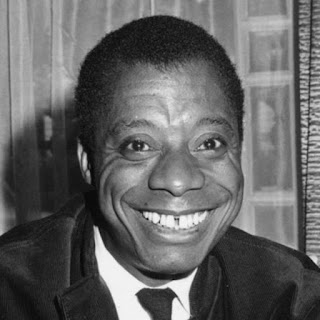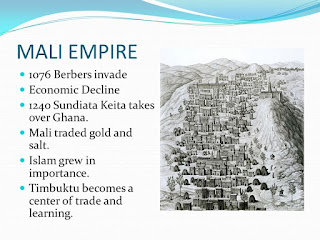Queen of Sheba, ruler of Ethiopia and Yemen (ruled 1005-955 BC)
One of the greatest women in world history:
In and around Axum, the old Ethiopian capital, there are over 50 obelisks, many of them undecorated. Some are believed to be very old, but firm dates have not been established. Near to some of these obelisks, one kilometre from Axum on the road to the city of Gondar, is a massive building containing a drainage system with “finely-mortared stone walls, deep foundations and an impressive throne room”. Ethiopian tradition establishes this building as the palace of Empress Makeda, the fabled Queen of Sheba (1005-955 BC). Tradition also establishes one of the obelisks, carved with four horizontal bands, each topped with a row of circles in relief, as the marker of the Queen’s grave. It was probably due to this evidence that J. A. Rogers, the famous Jamaican historian, declared that: “A few years ago her tomb, as well as the ruins of a great temple and twenty-two obelisks of her period, were excavated at Axum”.
The Queen of Sheba was one of the most powerful women in history. She is named as Makeda in the Ethiopian chronicle, the Kebra Negaste, or Bilqis, in the Koran. She presided over Ethiopia and Yemen (Saba or Sheba) and thus controlled the Red Sea, a great trade route. The evidence of the tomb and the obelisks indicate that the Queen of Sheba was an Ethiopian.











































